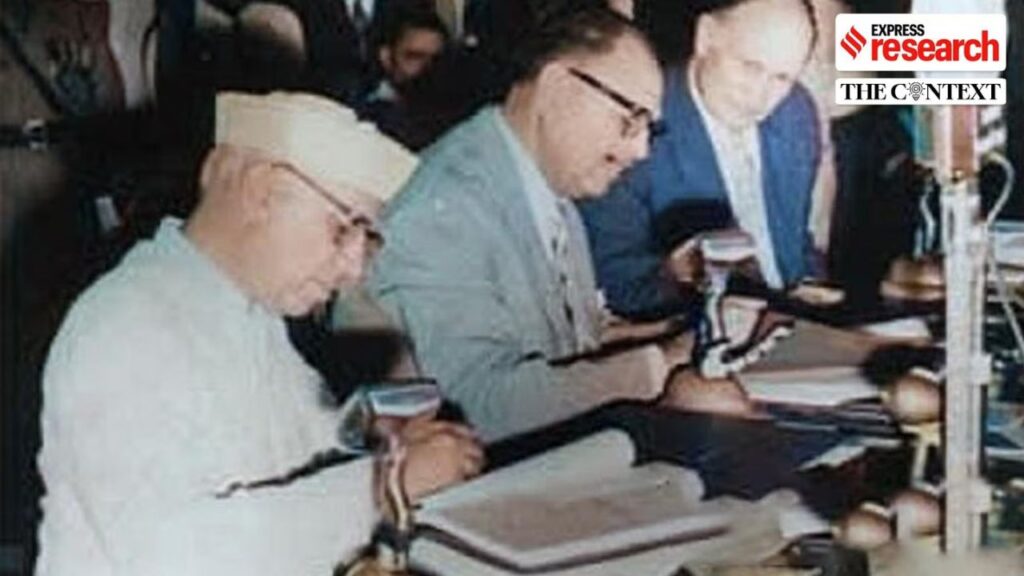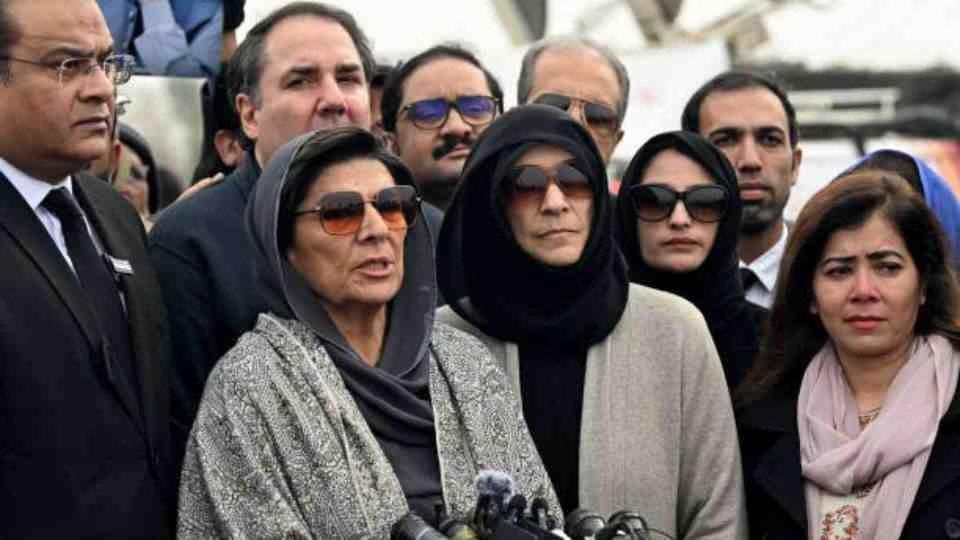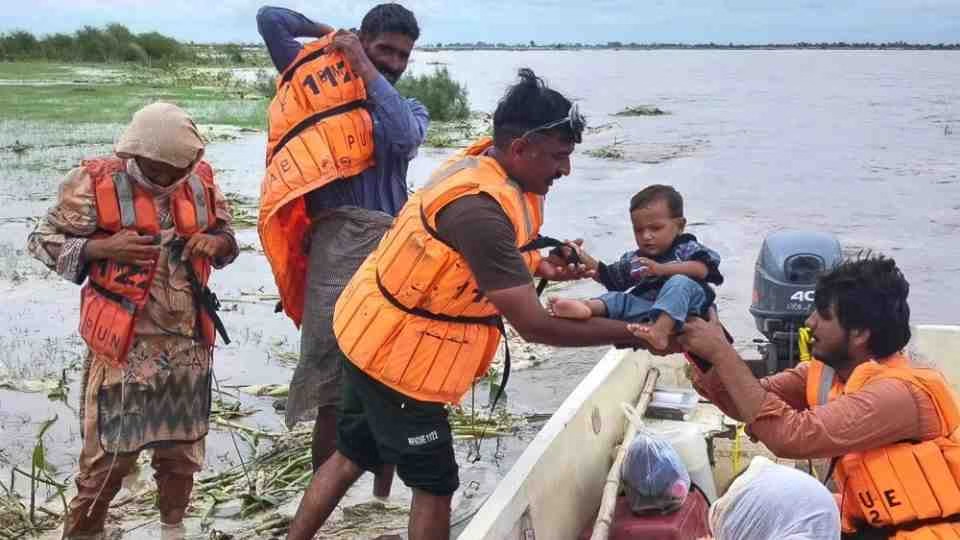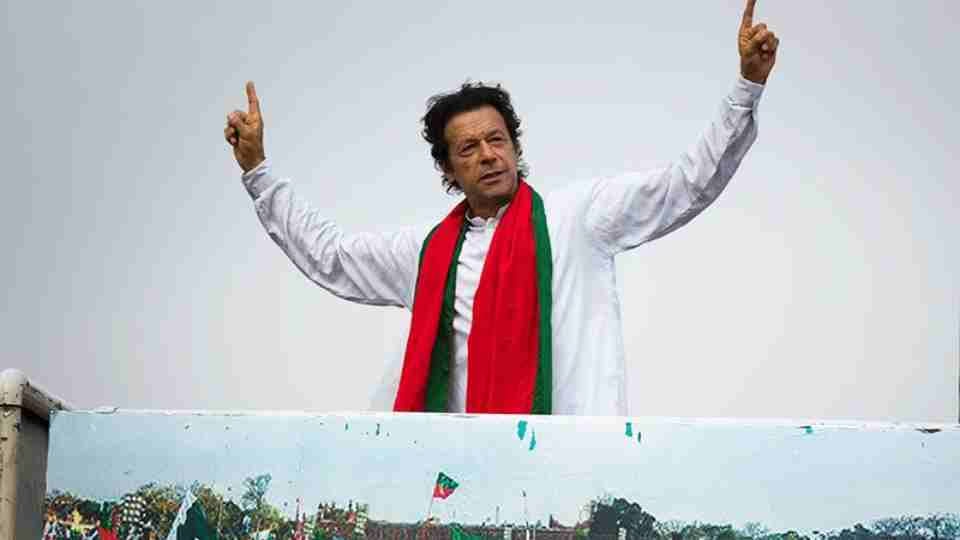Pakistani Prime Minister Shehbaz Sharif’s statement that India “cannot snatch even one drop of water” from Pakistan refers to escalating tensions over the Indus Waters Treaty (IWT), a 1960 agreement governing the sharing of six rivers in the Indus Basin between the two nations. The statement, made on August 12, 2025, during an International Youth Day event in Islamabad, was a response to India’s decision to suspend the IWT following a terror attack in Indian-administered Kashmir’s Pahalgam on April 22, 2025, which killed 26 civilians. India blamed Pakistan for the attack and retaliated with measures including putting the treaty in abeyance, prompting Pakistan to warn that any interference with its water share would be treated as an “act of war.”
Context and Analysis
The IWT, mediated by the World Bank, allocates the eastern rivers (Ravi, Sutlej, Beas) to India and the western rivers (Indus, Jhelum, Chenab) to Pakistan, with provisions for India to build run-of-the-river hydroelectric projects on the western rivers without disrupting flow. The treaty has been a cornerstone of water-sharing stability despite multiple wars and skirmishes between the two countries. However, India’s suspension of the treaty in April 2025, following the Pahalgam attack, has raised fears in Pakistan, a lower riparian state heavily dependent on the Indus for agriculture and livelihoods.
Sharif’s remarks were part of a broader narrative of defiance, referencing Pakistan’s military response during a four-day conflict in May 2025, where he claimed the Pakistan Air Force shot down six Indian jets, including four Rafales. He warned that any attempt to block Pakistan’s water would result in a “lesson” India would “never forget.” Former Pakistani Foreign Minister Bilawal Bhutto-Zardari and Army Chief Asim Munir echoed similar sentiments, with Munir reportedly threatening to destroy any Indian dam that restricts water flow.
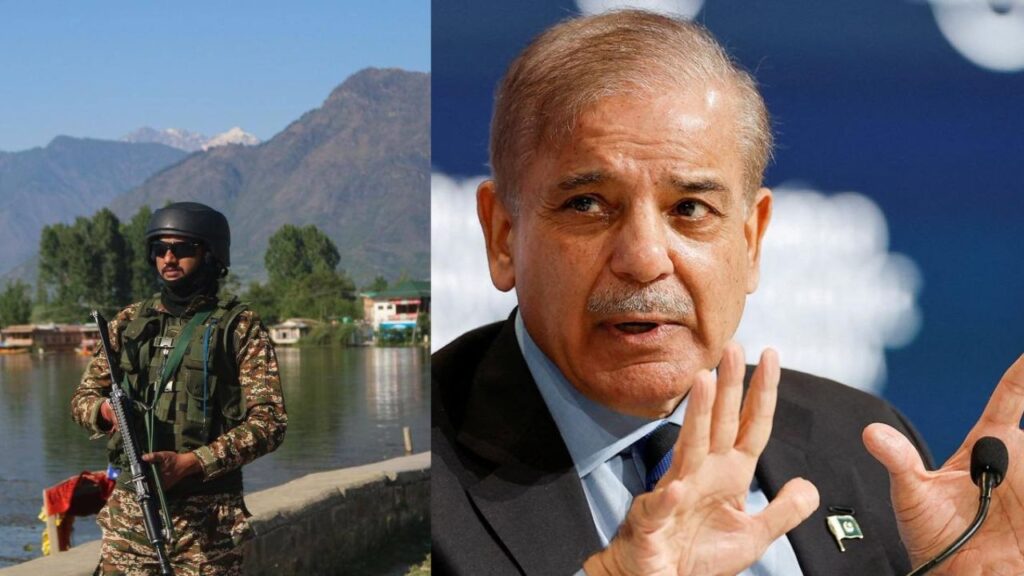
India’s Home Minister Amit Shah has justified the suspension, arguing that the IWT’s preamble for peace was violated by Pakistan’s alleged support for terrorism. India maintains it cannot “completely stop” Pakistan’s water with current infrastructure but could cause disruptions, especially in winter, which experts warn could severely impact Pakistan’s agriculture. Pakistan has sought international recourse, citing a June 2025 ruling by the Permanent Court of Arbitration (PCA) that India cannot unilaterally suspend the treaty. India, however, has rejected the PCA’s authority.
Broader Implications
The suspension of the IWT has heightened fears of conflict between the nuclear-armed neighbors, with Pakistan viewing water security as existential. Historical disputes, rooted in the 1947 partition and the division of Punjab’s irrigation system, add complexity to the issue. The May 2025 conflict, involving drone and missile strikes, ended with a U.S.-mediated ceasefire, but the water dispute remains unresolved, with both sides engaging in diplomatic campaigns to justify their positions.
Pakistan’s rhetoric, including Sharif’s statement, reflects domestic pressure to project strength amid ongoing political challenges, such as the imprisonment of former Prime Minister Imran Khan and economic strains. Meanwhile, India’s actions signal a tougher stance on cross-border issues, leveraging its position as the upper riparian state.

